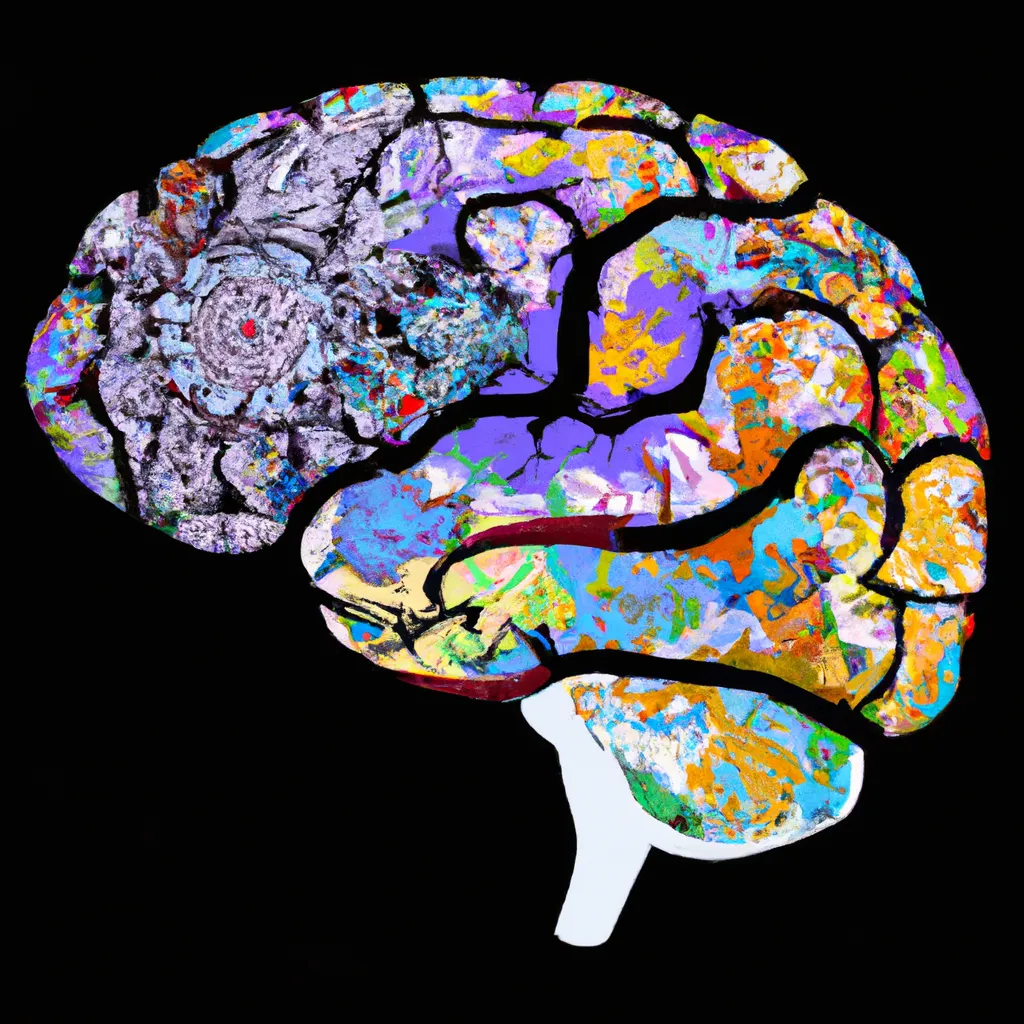The Emergence of Consciousness - Exploring Its Evolution and Significance in Living Beings

The Definition of Consciousness
Consciousness is a complex and multifaceted concept that has been studied by philosophers, neuroscientists, and psychologists for centuries. At its core, consciousness refers to an individual's subjective experience of the world around them. It involves awareness, perception, thought, and emotion, and is closely tied to the functioning of the brain.
The Origins of Consciousness
The question of how and when consciousness originated in living beings is a topic of much debate and speculation. Some scientists believe that consciousness emerged gradually over the course of evolution, while others argue that it is a unique and unexplainable phenomenon.
One theory suggests that consciousness evolved as a way for organisms to better navigate their environment and make more informed decisions. As organisms became more complex and developed more sophisticated nervous systems, they were able to process more information and respond more effectively to their surroundings. This increased awareness and responsiveness may have paved the way for the emergence of consciousness.
Another theory proposes that consciousness is a fundamental aspect of the universe, much like space and time. According to this view, consciousness is not something that evolved over time, but rather exists independently of living beings and is simply experienced by them.
The Study of Consciousness
Despite the many theories and hypotheses surrounding consciousness, it remains a difficult concept to study and understand. Because consciousness is a subjective experience, it cannot be directly observed or measured in the same way that other biological processes can be.
However, researchers have made significant strides in recent years in developing new techniques and technologies for studying consciousness. For example, brain imaging technologies such as fMRI and EEG have allowed scientists to observe the activity of the brain in real-time, providing insight into the neural mechanisms underlying consciousness.
Overall, the question of how and when consciousness originated in living beings remains a fascinating and complex topic that continues to inspire research and debate. While there is much we still do not know about consciousness, the study of this mysterious phenomenon has the potential to shed light on some of the deepest mysteries of the human experience.
The Origins of Consciousness
Consciousness is a complex and multifaceted phenomenon that has puzzled scientists, philosophers, and theologians for centuries. While the exact nature of consciousness remains elusive, researchers have made significant strides in understanding how and when it originated in living beings.
One of the most widely accepted theories about the origins of consciousness is that it evolved gradually over millions of years. According to this view, consciousness emerged as a byproduct of the brain's increasing complexity and sophistication. As animals evolved more complex nervous systems, they gained the ability to process more information and respond more flexibly to their environment. Eventually, this led to the emergence of subjective experience, or consciousness.
Another theory about the origins of consciousness is that it is an inherent property of the universe, much like space, time, and matter. Proponents of this view argue that consciousness is not something that evolved or emerged, but rather something that has always existed in some form. They point to the fact that even simple particles like electrons and photons exhibit certain properties that suggest they may have some degree of consciousness or awareness.
Regardless of which theory is correct, it is clear that consciousness is a fundamental aspect of our existence as living beings. It enables us to experience the world around us, to think, to feel, and to interact with others. It is a deeply mysterious and fascinating phenomenon, and one that will likely continue to be the subject of intense study and debate for many years to come.
The Origin of Consciousness in Living Beings
Consciousness is a complex and multifaceted phenomenon that has puzzled scientists and philosophers for centuries. The question of how and when consciousness originated in living beings is a topic of great interest and debate. One of the prevailing theories is that consciousness is a product of the brain's activity.
The brain is a highly complex organ that is responsible for a wide range of functions, including perception, cognition, and behavior. It is composed of billions of neurons that communicate with each other through electrical and chemical signals. The activity of these neurons gives rise to the various mental processes that we experience, including consciousness.
One of the key features of consciousness is subjective experience. This refers to the fact that we are aware of our thoughts, feelings, and perceptions, and that these experiences are unique to each individual. The subjective nature of consciousness has led some researchers to suggest that it may be impossible to fully understand consciousness from a purely objective perspective.
Despite the challenges of studying consciousness, there have been significant advances in our understanding of the relationship between consciousness and the brain. For example, neuroimaging studies have shown that certain regions of the brain are consistently active during conscious experiences, such as the prefrontal cortex and the parietal cortex.
Other research has focused on the role of specific neurotransmitters and neural circuits in consciousness. For example, the neurotransmitter serotonin has been implicated in regulating mood and emotional states, which are closely linked to conscious experience. Similarly, the default mode network, a set of brain regions that are active when the brain is at rest, has been shown to be involved in self-referential thinking and introspection, which are important aspects of consciousness.
Overall, the relationship between consciousness and the brain is a complex and multifaceted topic that requires further research and exploration. While the brain undoubtedly plays a crucial role in generating and sustaining conscious experience, there is still much that we do not understand about this mysterious phenomenon.